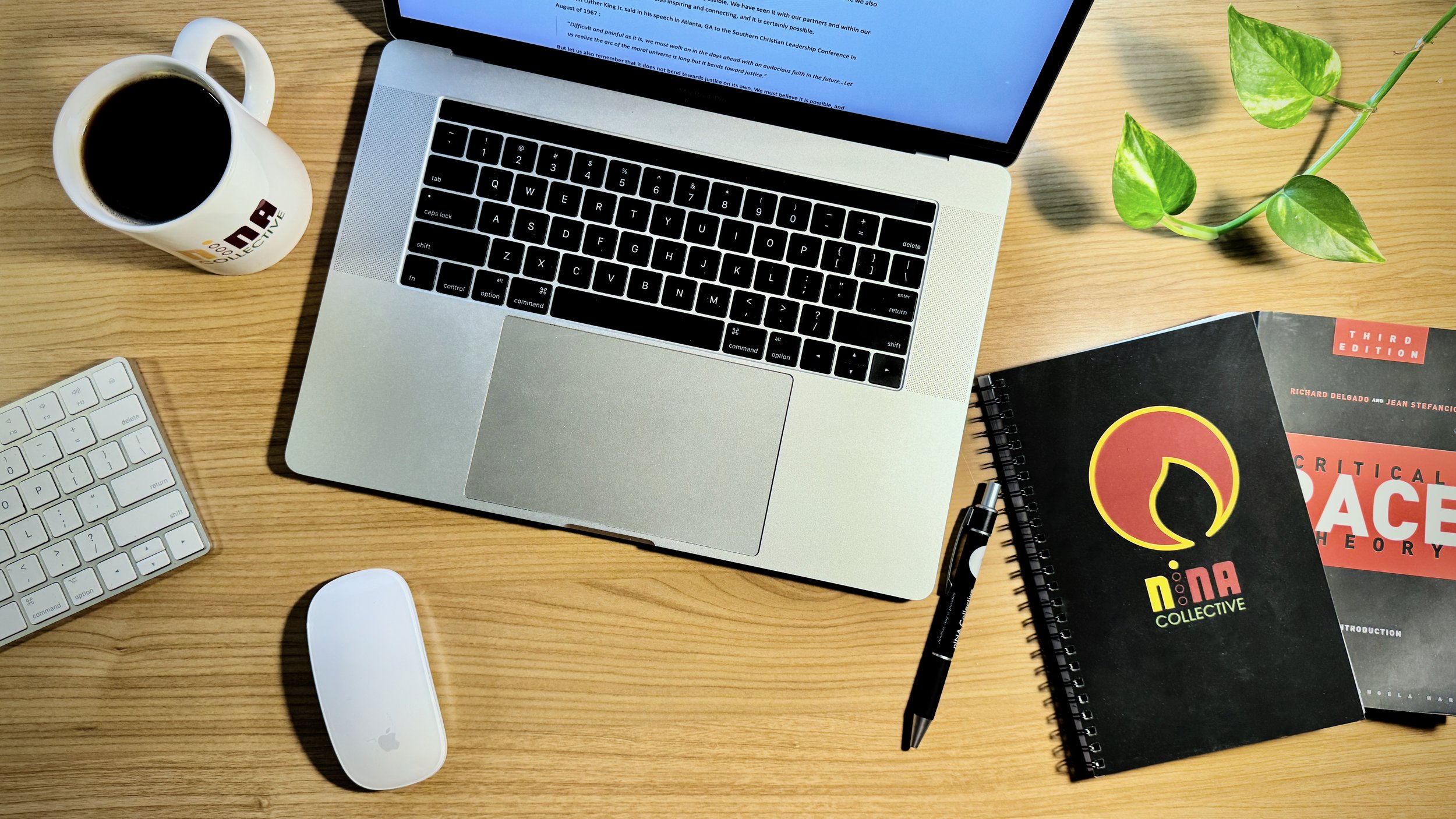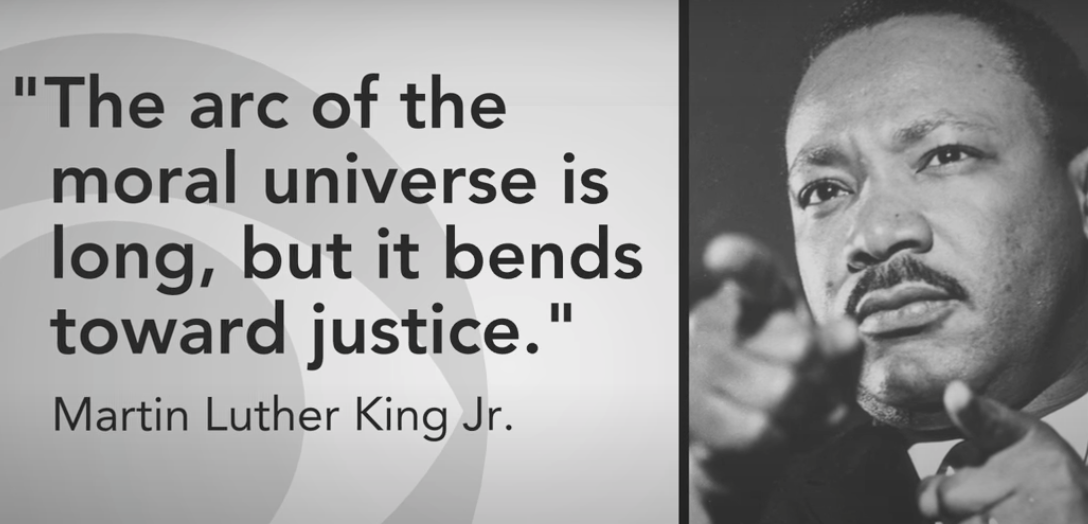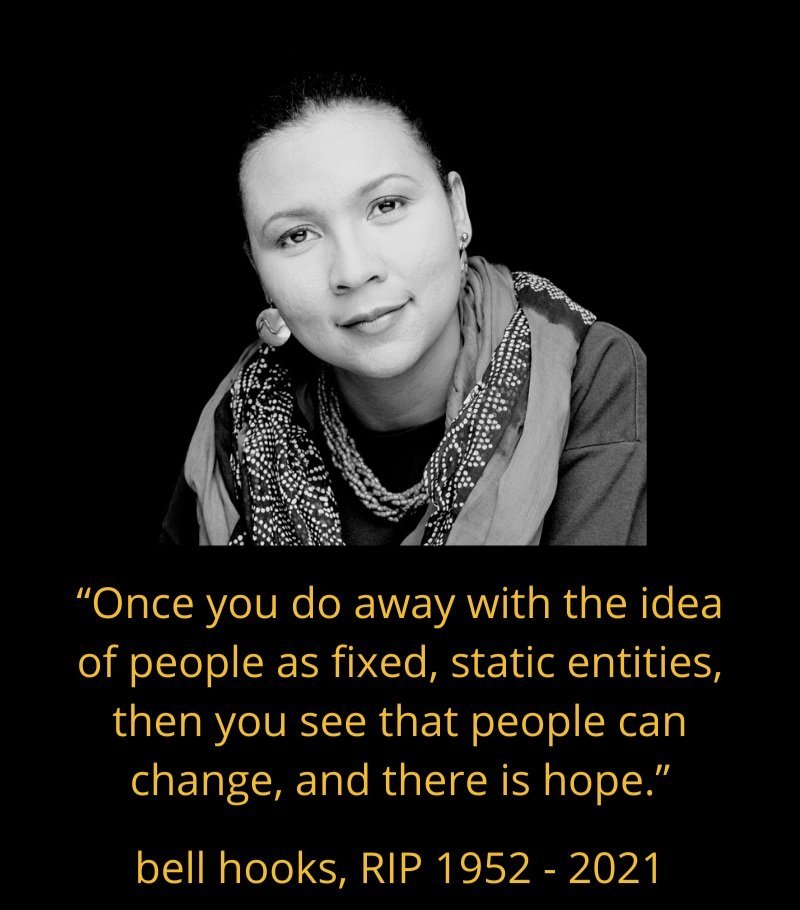
our blog
nINA collective blog

Another way is possible
At nINA, we recently updated our theory of transformation. At its core, are three non-negotiables for transformation:
Center relationships
Ground in shared values, vision, and agreements
Believe that change is imperative & possible

Restorative Spaces
Art by Amanda Phingbodhipakkiya
Restorative spaces center relationships, human needs, responsibility to our interconnectedness, collective reintegration and radical healing. Restorative spaces connect and reconnect individuals with each other and themselves... Restorative spaces are not about you or me, they are about us. They forge bridges between each other holding shared values of humanity.

Iteration for Liberation
Restorative spaces center relationships, human needs, responsibility to our interconnectedness, collective reintegration and radical healing. Restorative spaces connect and reconnect individuals with each other and themselves... Restorative spaces are not about you or me, they are about us. They forge bridges between each other holding shared values of humanity.

Why co-learning and not training?
Racial justice and racial equity are not outputs that have one singular right answer. There are not Racial Equity plumbers or electricians who can come in and fix your broken equity, or give you a training on how to fix your own broken equity. However, there are Racial Equity coaches - where you commit to do most of the work, but you are supported by their guidance, motivation and accountability.

We don’t have to do things the same way: reimagining organizational wellness
When we started to see the toll this year, and this work, and this country was taking on our members, we had to pause and explore - what does another way look like? A way that centers relationships, values, and our shared humanity. 2020 taught us that we don’t have to do things the same way and there is nothing more important than self and community wellness. So what are we going to do about it?

White supremacy doesn’t skip you because you’re woke 🤷🏼♂️
BIPOC people know better than anyone how fraught our community, institutions, and systems are, how saturated with white supremacy, patriarchy, and capitalism. They work – as CEO’s, employees, elected officials, volunteers – within deeply flawed systems to improve them. And they are criticized, verbally attacked, and brought down on a regular basis by “woke” white people.

Black History Month 2021 - Resources & Recommendations
For Black History month, nINA Collective members have been compiling some of our favorite books, poems, podcasts and music from Black artists. Here's what we featured in Feb. 2021.

New Year, newly committed to justice
Covid, Racism and White Supremacy did not happen in isolation in 2020 and they are very much in the present as 2021 arrives. If you are reading this, you have survived and for that we are grateful. In whatever ways we were able to afford our survivorship (masks, working from home, home deliveries, unemployment and etc.), this is a reality not shared by all. Holding both the grief of 2020 and hope for 2021, we cannot hold only wishes, we need to be holding collective demands for the New Year.

It’s Go Time: Channeling Fear and Uncertainty into Action
We fight by continuing our work unapologetically, by naming and addressing institutional and structural racism, and by organizing for impact. A confluence of events in 2020 has brought a one-in-a-lifetime awakening for justice. If we are collectively serious about making change, the resistance against this movement cannot scare us into submission.

Black People Don’t Deserve to Die Like This
Black people don’t deserve to die because white people need a lesson in humanity. Black people don’t deserve to die because they resist arrest. Black people don’t deserve to die over twenty dollars.
